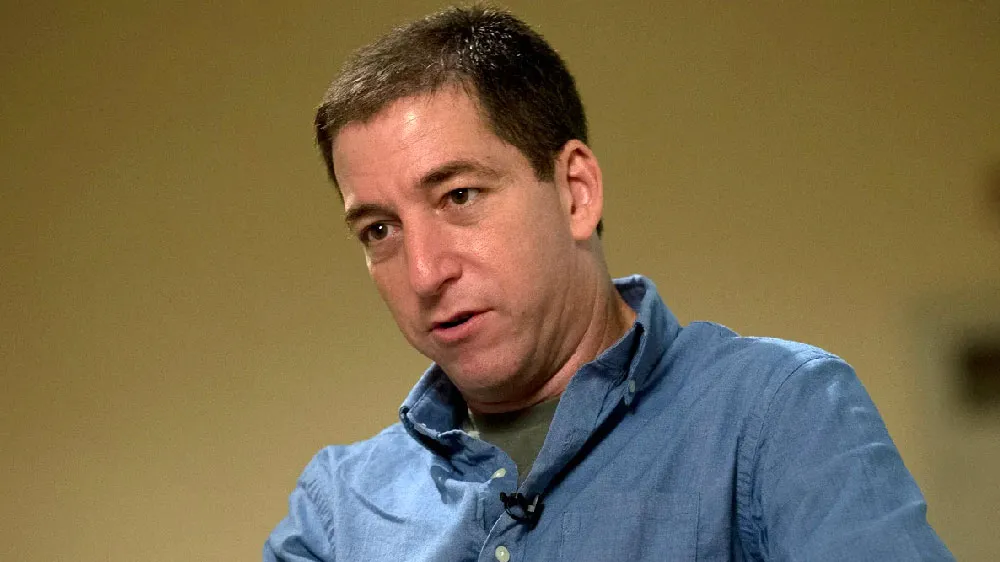May 21, 2013
Committee Nears Final Big Immigration Decisions
Jason St. Amand READ TIME: 4 MIN.
The Senate Judiciary Committee hopes to nail down an elusive compromise on high-tech visas and may punt a controversy over gay marriage to the full Senate as it makes final drafting decisions on immigration legislation that grants a shot at citizenship to millions living in the country illegally.
The high-tech issue involves a negotiation at arm's length between industry, which relies on ever-increasing numbers of skilled foreigners, and organized labor, which represents American workers, according to lawmakers and officials close to the talks.
As drafted, the bill would raise the current cap on so-called H-1B visas from 65,000 annually to 110,000, with the possibility of a further rise to 180,000. At issue in the talks are the costs that companies must bear to bring foreigners into the United States, the steps they must first take to seek out American citizens for the jobs and other conditions.
Sen. Orrin Hatch, R-Utah, whose state has a large high-tech industry, told reporters on Monday he will vote in favor of the legislation in committee if agreement is reached on the issue. He has been negotiating with Sen. Charles Schumer, D-N.Y., who said in late afternoon no deal had been sealed.
On the other major remaining unresolved issue, officials said there was a growing if unspoken expectation that the measure would likely emerge from committee without a provision granting same-sex spouses the same access to legal status as heterosexual spouses are entitled to.
Sen. Patrick Leahy, the Vermont Democrat who chairs the Judiciary Committee, has introduced a proposal to give equal treatment under the bill to same-sex couples, a provision gay rights groups seek. Several lobbyists and others noted during the day he has not yet said definitively said if he will seek a vote on it before the panel completes its work, and neither the White House nor other Democrats on the committee have made a strong push for its inclusion.
A vote on the proposal could create political difficulty for Democrats on the committee who support gay rights and are also members of the so-called Gang of Eight which negotiated the main features of the legislation. That includes Sen. Chuck Schumer or New York and Sen. Dick Durbin of Illinois.
Durbin has told outside groups he will back the change if it is offered. Schumer hasn't said which way he would vote.
All eight have pledged to maintain the essential outlines of the legislation. A vote to add the gay rights provision could lead to approval on a party-line vote in committee, but lead to the collapse of Republican support on the Senate floor and the bill's demise.
In addition, the Supreme Court is expected to issue a ruling by early July that could render the issue largely moot.
At its core, the legislation would provide an opportunity of U.S. citizenship to millions of immigrants living in the country illegally, create a new visa program for low-skilled workers and permit a sizeable increase in the number of high-tech visas, at the same time it mandates new measures to crack down on future unlawful immigration.
Final committee approval is expected by midweek, with the full Senate likely to begin debate next month.
The measure is one of President Barack Obama's top domestic priorities, although the administration has generally let the committee work on its own.
In a show of support, though, Obama and Vice President Joe Biden arranged to meet Tuesday in the Oval Office at the White House with individuals directly affected by the measure.
In a long day of drafting on Monday, the panel voted to begin phasing in a requirement for foreigners to undergo fingerprinting when they leave the country. Lawmakers also agreed to make an immigrant's third drunk driving conviction a deportable offense in some cases.
The committee rejected other proposals that backers of the bill said were unworkable.
Among them was one by Sen. Jeff Sessions, R-Ala., to require that every application filed as a first step toward seeking citizenship be done so online.
Sen. Charles Grassley, R-Iowa, sought to include a provision requiring applicants to disclose any Social Security numbers they had used previously, but that fell on a party-line vote.
Democrats, too, were forced to scale back some of their proposals to win support.
Sen. Mazie Hirono, D-Hawaii, dropped a provision making Pell Grants available to individuals who have embarked on the path to citizenship. She won agreement for more limited benefits, such as access to financial aid.


